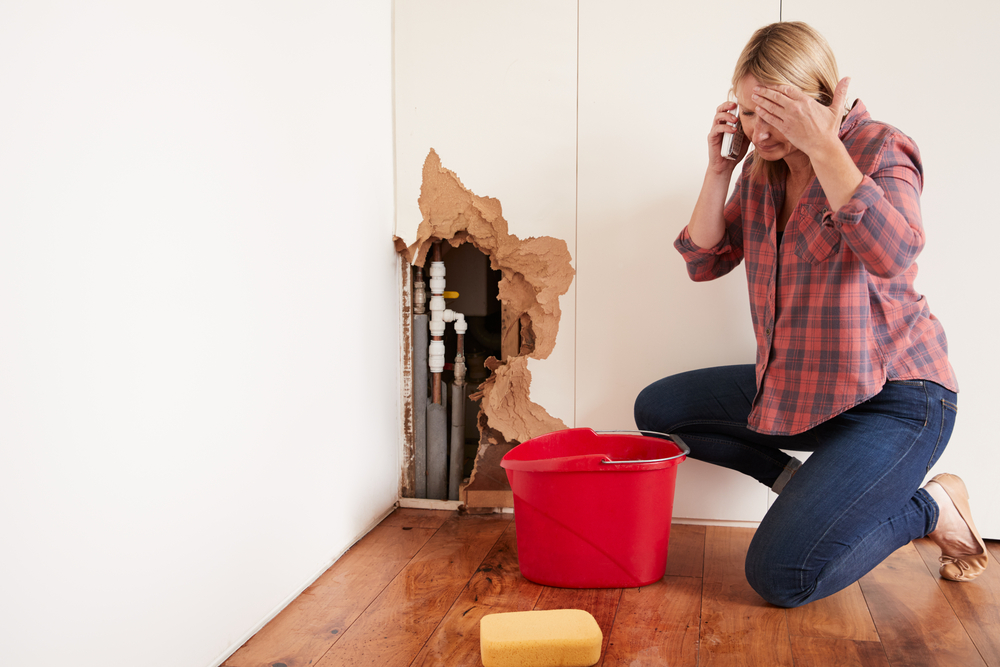Spokane Water Damage Homeowners Insurance Claim
Here at AllKlean Restoration, we want to share some insights with my fellow Spokane and Coeur D Alene homeowners about how to file a water damage claim with your insurance company. Water damage claims are some of the most common claims made by homeowners, and they can be quite difficult to file. However, with the right preparation and knowledge, it can be a smooth process.
Step 1: Contact Your Insurance Company
The first step in filing a water damage claim is to contact your insurance provider as soon as possible. This will help expedite the claims process, and ensure that they can send out an adjuster quickly. Make sure you have photos and evidence of the damage to share with them, so they can assess the situation accurately.
When you meet with your adjuster, they will inspect the damage and take measurements and photos. They will also ask questions about the cause of the damage and who may be at fault. Keeping a detailed record of your interactions with adjusters is important, as it can aid you in the future if additional documentation is needed.
Before the adjuster arrives, make sure to relocate any belongings in the affected area to prevent further damage. If you hire a contractor for temporary repairs, save all receipts as this will form part of your total settlement agreement.
Step 2: Document the Damage
It’s essential to document all damage caused by the water immediately. Take photos and videos of the damage to assist your insurance provider in filing a claim. Furthermore, providing them with an updated home inventory should help them accurately value all your belongings prior to flooding.
When dealing with leaky appliances such as water heaters or washing machines, it’s best to keep records detailing when and how long the device has been leaking for. This will give your insurance provider an accurate picture of whether or not your problem constitutes a covered loss.
It’s also advisable to have a plumber inspect the area and take photos or video footage of its severity. Furthermore, drying-up areas where there may be water or mold accumulation could help avoid further destruction to floors, walls and baseboards.
Step 3: Schedule an Inspection
Water damage claims are one of the most common types of homeowner insurance claims filed. Therefore, it’s essential to reach out to your homeowner’s insurance provider and have an adjuster come and inspect your property as soon as possible.
Inspectors often rely on infrared cameras to spot hidden water damage. The camera enables them to spot leaks not visible to the naked eye, potentially saving thousands in repairs if caught early enough. If you’re concerned about hidden water damage when purchasing a home, professional inspectors can perform an inspection to detect leaks or any other problems which might not be immediately visible to the naked eye.
Step 4: Make a Claim
If you find it necessary to file a claim, take notes detailing everything that needs repairing so as to demonstrate the extent and cause of damage. This will enable you to successfully establish what occurred during a claim investigation.
In general, the claims process will go smoothly and you should be reimbursed for any costs of damage sustained to your property. However, you should continue checking with your insurer regularly throughout this process to ensure everything is handled in an expedient manner.
Water damage can have far-reaching repercussions for your quality of life, from significant expenses and repairs to mold, mildew and other health concerns that can be challenging to resolve. As a homeowner, it’s crucial to take the necessary steps to prevent and address water damage promptly. And if you do face water damage, don’t hesitate to contact AllKlean Restoration for prompt and professional restoration services.
Do you have water damage and will need to file a claim? Call AllKlean Restoration
At AllKlean Restoration, we understand that water damage can be a stressful and overwhelming experience for homeowners in Spokane and Coeur D-Alene. That’s why we’ve shared these tips on how to file a water damage claim with your insurance company. We hope that you found this article helpful and informative. Remember, the key to a successful water damage claim is to act quickly and document everything. And if you do face water damage, don’t hesitate to contact AllKlean Restoration for professional and prompt restoration services. Our team is here to help you navigate the claims process and get your home back to normal as soon as possible.









